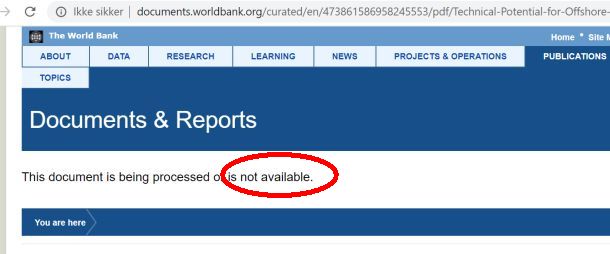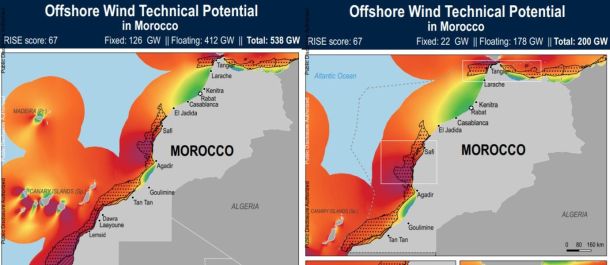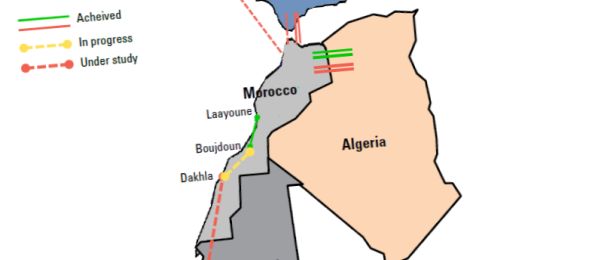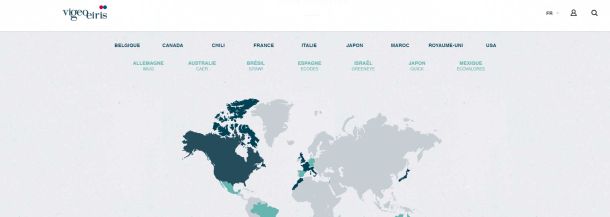
The UN considers the development of the natural resources in Western Sahara to be in violation of international law unless its people consent to and benefiting from it. Yet, Morocco is planning more applications to the UN to fund for its mineral resources plunder. “The UN’s Clean Development Mechanism must not support Morocco in Western Sahara”, stated WSRW.
Western Sahara Resource Watch (WSRW) has over the last weeks revealed that the UN’s Clean Development Mechanism is currently considering supporting two Moroccan projects in occupied Western Sahara. The first is an energy project is by the Moroccan royal holding company Nareva. The other is a large solar energy project for Moroccan fish industry in the same occupied territory.
Now, WSRW can reveal that two more “green projects” are on their way through the same pipeline, directly contributing to maintain Morocco’s illegal and brutal occupation of Western Sahara.
If any project were to receive funding through CDM – it would be in stark contrast to other UN institutions such as the UN Development Programme (UNDP). By coincidence, the UNDP is a key partner of CDM in Morocco.
The UNDP has expressly stated that it does not intend to support programmes south of the internationally recognised border between Morocco and the territory it annexed in 1975. All agreements they have with the Moroccan government “explicitly state that the projects’ activities are restricted to particular localities north of the UN line”. The UNDPs programmes “are limited to the internationally recognised borders of Morocco”, states the organisation. The UN qualifies that it would be in violation of international law, while the International Court of Justice has clearly rejected Morocco’s claims to the territory.
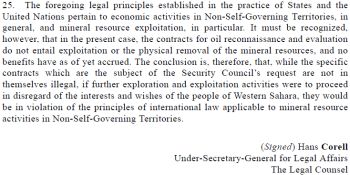
“We urge the Clean Development Mechanism to follow the opinion of the UN legal services, as well as the UNDP, and not allow funding to projects in Western Sahara”, stated WSRW coordinator Sara Eyckmans.
See the conclusion of the 2002 UN legal opinion on such industries to the right.
The webpages of CDM Morocco tells about two more projects planned in Western Sahara:
1. Energy for cement production
The exploitation of the ground resources for cement production near El Aaiun would evidently be in violation of the UN legal opinion in 2002. The current production is carried out by the Moroccan company Ciments du Maroc (a subsidiary of the Italian group Italcementi),
A Project Information Note for a 10 MW Wind Power project by Ciments du Maroc has been approved by the CDM board of Morocco, but the further validation processes appear to have not yet started. A “Project Information Note”, is a first project outline, communicated between the applying company and the CDM national board.
Contact for the project: Regragui Mostafa, m.regragui@cimar.co.ma
2. Energy for phosphate production
OCP is the Moroccan state owned phosphate company exploiting phosphate resources in Western Sahara. A number of international investors have divested from the trade of ethical reasons. The Norwegian government pension fund, for instance, has concluded that the company’s operation “represents particularly serious violations of fundamental ethical norms”. Three private importing companies have stopped the imports after being made aware of the controversies surrounding international law, the UN's efforts to decolonise the territory and the controversial aspects of the trade.
A "Project idea" for a 'wet port' in El Aaiun has been drafted by OCP for the Moroccan CDM board. El Aaiun harbour is used to export the Saharawi phosphate wealth from the Bu Craa mines.
Contact person in OCP: Bouchra Nakara, b.nakara@ocpgroup.ma
World Bank removed erroneous maps
The World Bank has yesterday removed erroneous maps of Morocco that mistakenly included the non-self-governing territory of Western Sahara.
See also: World Bank in discordance with the UN on Western Sahara.
World Bank in discordance with the UN on Western Sahara
The World Bank seems to assist Morocco in promoting renewable energy projects in the occupied Western Sahara, as it fails to distinguish between the territory of Morocco and the Non-Self-Governing Territory.
Read also: World Bank removed erroneous maps
UN study on Morocco's green energy plans fails at geography
A case study on Morocco's policy reforms regarding renewable energy by a UN agency completely ignores the fact that a significant share of Morocco's planned production will come from occupied Western Sahara, as it fails to even distinguish between the two territories.
